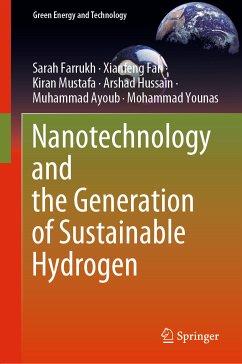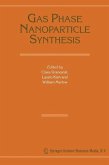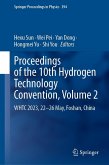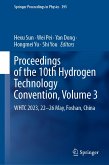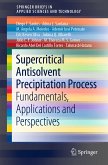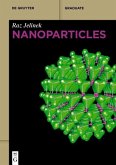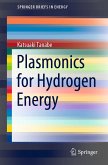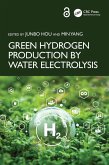This book explains the aspiring vision of a sustainable hydrogen generating system which employs nanotechnology one way or the other and presents a detailed update on research activities, achievements and challenges. It explores how nanotechnology is reshaping science in general and how this can be applied to the generation and storage of hydrogen energy.
This book begins by highlighting the importance of hydrogen a source of sustainable energy and its impact on the technical advances of fuel cells, internal combustion engines, batteries and power plants. The book depicts the role of nanotechnology in the development of sustainable hydrogen. Comprehensive studies on various nanotechnologies involved in hydrogen generation are discussed in separate chapters, representing a complete picture of hydrogen generation utilizing nanotechnology.
This book serves as a useful research tool for academics and practitioners looking towards new ways to develop and consume energy, without conceding our environment. Providing the advantages and disadvantages of each technology discussed, this book shows the benefits of utilizing nanotechnology in this field.
This book begins by highlighting the importance of hydrogen a source of sustainable energy and its impact on the technical advances of fuel cells, internal combustion engines, batteries and power plants. The book depicts the role of nanotechnology in the development of sustainable hydrogen. Comprehensive studies on various nanotechnologies involved in hydrogen generation are discussed in separate chapters, representing a complete picture of hydrogen generation utilizing nanotechnology.
This book serves as a useful research tool for academics and practitioners looking towards new ways to develop and consume energy, without conceding our environment. Providing the advantages and disadvantages of each technology discussed, this book shows the benefits of utilizing nanotechnology in this field.
Dieser Download kann aus rechtlichen Gründen nur mit Rechnungsadresse in A, B, BG, CY, CZ, D, DK, EW, E, FIN, F, GR, HR, H, IRL, I, LT, L, LR, M, NL, PL, P, R, S, SLO, SK ausgeliefert werden.

